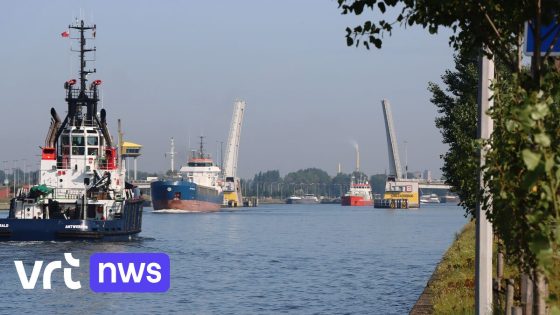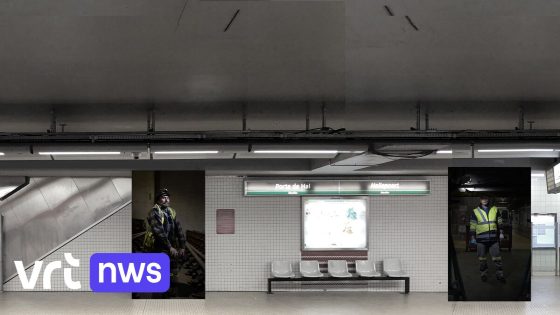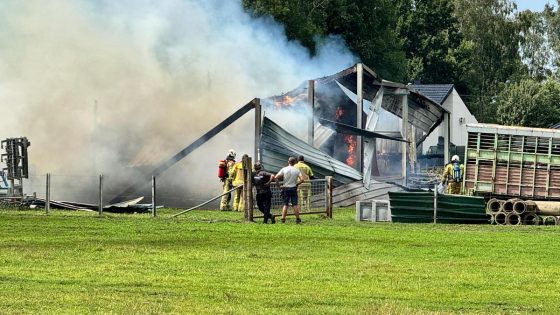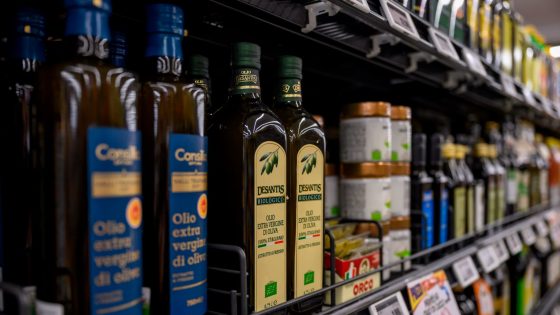Due to ongoing drought conditions, large bulk ships are temporarily banned from navigating the Gent-Terneuzen Canal. This key waterway is experiencing critically low water levels, increasing the risk of vessels running aground. The restriction came into effect on 2025-08-13 08:00:00 and is expected to last around ten days, until the drought subsides.
- Droogte verhindert grote bulkschepen passeren
- Kanaal Gent-Terneuzen waterpeil te laag
- Schepen riskeren bodem te raken
- Maatregel duurt circa tien dagen
- Beperking eindigt na droogteperiode
- Veiligheid scheepvaart staat voorop
How will this impact Belgium’s shipping and logistics sectors? The Gent-Terneuzen Canal is a vital route for transporting goods, so this interruption raises concerns about supply chain delays and economic effects. What alternatives are available for affected shipments during this period?
Understanding the situation helps businesses and residents prepare for potential disruptions. Here’s a clear overview of what the temporary ban means for the region.
Why has this measure been taken now, and what does it imply for local trade? The canal’s depth is crucial for safe navigation, and with water levels dropping dangerously low, authorities must prevent accidents. This pause highlights the vulnerability of inland waterways to climate conditions.
- Shipping delays could impact import and export schedules.
- Smaller vessels may still operate, but large bulk carriers must wait.
- Businesses should monitor updates closely to adjust logistics plans.
As the drought situation evolves, stakeholders should stay informed and explore alternative transport options where possible. Will this event prompt longer-term changes in canal management or shipping practices? Only time will tell, but preparedness is essential.































